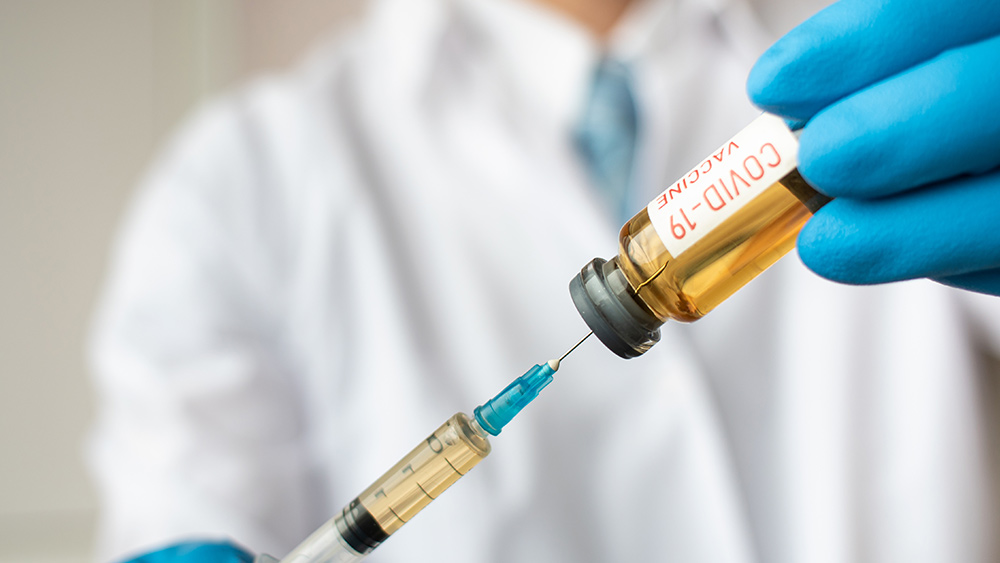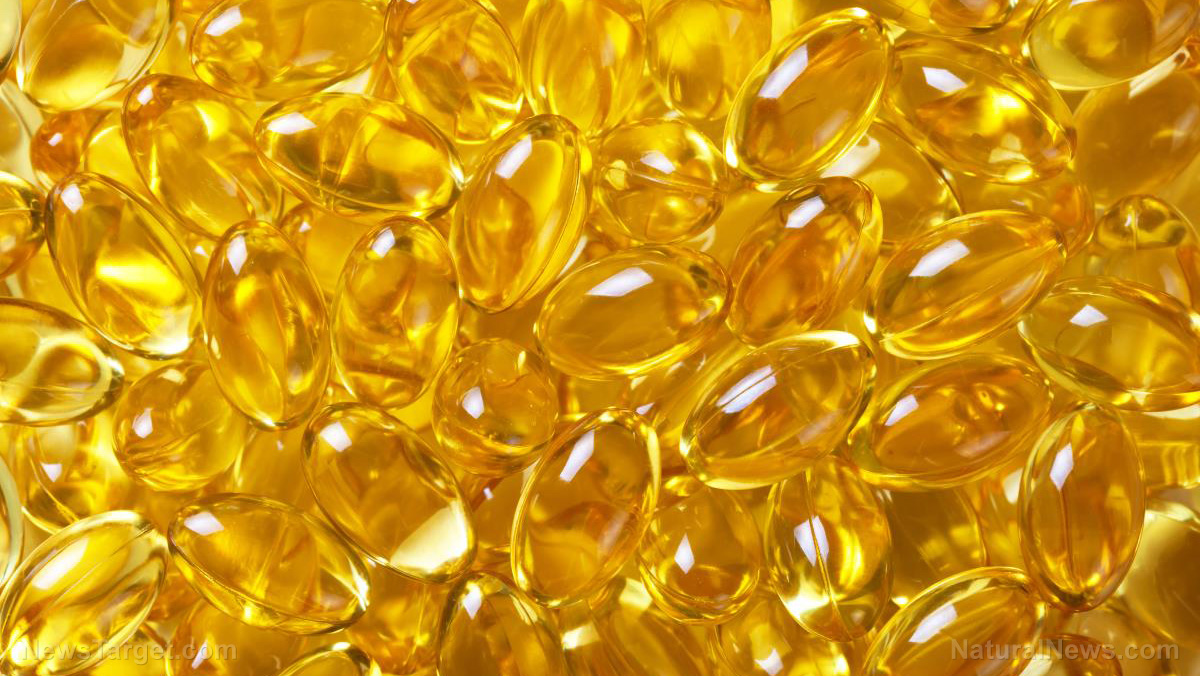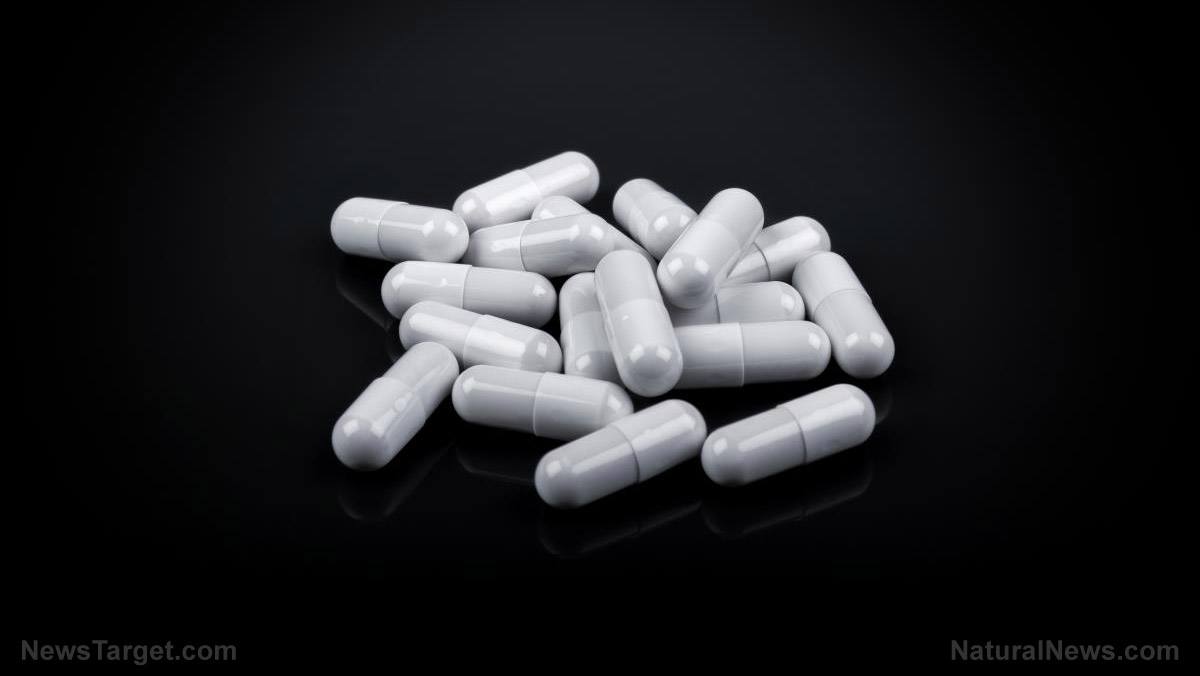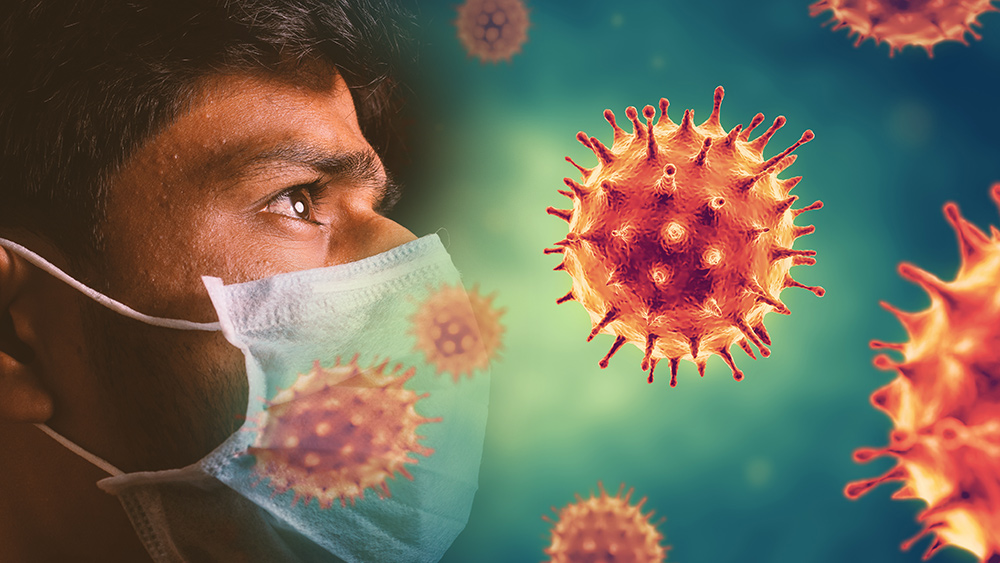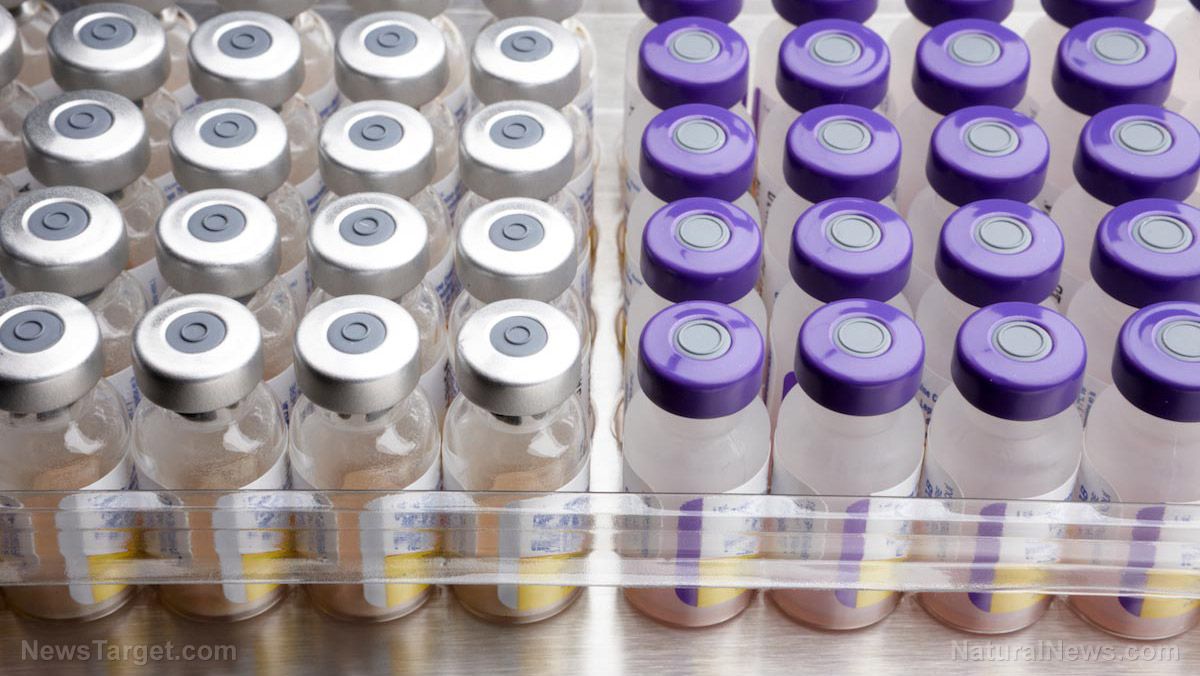Researchers: Good cholesterol may help fight atherosclerosis
10/16/2020 / By Virgilio Marin

Did you know that not all forms of cholesterol are bad? High-density lipoprotein, or HDL, is commonly known as the “good” cholesterol. One particular study has found that it may even help fight atherosclerosis, a condition characterized by the hardening of the arteries as a result of plaque buildup.
A group of researchers from the United States and Australia examined the effect of increasing HDL levels in diabetic mice. Diabetes accelerates the development of atherosclerosis, as people with the disease tend to exhibit decreased HDL levels and increased levels of low-density lipoprotein (LDL) cholesterol. This “bad” cholesterol can build up along the arterial walls and promote atherosclerosis, which can lead to heart attack or stroke.
The researchers found that increasing HDL cholesterol levels in diabetic mice reduced inflammation and helped reverse atherosclerosis.
“Our study results argue that raising levels of functional good cholesterol addresses inflammatory roots of atherosclerosis driven by cholesterol buildup beyond what existing drugs can achieve,” said senior author Dr. Edward Fisher, a cardiologist and professor at the New York University Grossman School of Medicine.
The results of the study were published in the journal Circulation.
Good cholesterol may help reverse atherosclerosis
For the study, the researchers used a different approach to measure HDL levels. Instead of looking at how much HDL was present in the blood, they looked at how well HDL extracts cholesterol from cells. This process is called cholesterol efflux, and HDL capable of carrying out this process is called “functional HDL.”
To boost functional HDL levels, the team increased the amounts of apolipoprotein A1, an important component of HDL, in diabetic and atherosclerotic mice receiving treatment to lower their LDL cholesterol levels.
Results showed that increasing functional HDL cholesterol levels helped reverse atherosclerosis by 30 percent. It also reduced inflammation in immune cells present in plaques by 50 percent and suppressed the proliferation of immune cells in the bone marrow.
The researchers further observed that higher levels of functional HDL suppressed the action of neutrophils, which are white blood cells that produce fibrous webs. These webs promote inflammation and blood clotting in atherosclerosis, further blocking blood flow.
Because of these results, the medical community can once again place their hopes on treatment strategies that incorporate increasing HDL levels. Although these strategies have previously failed to lower heart attack risk in trials, the findings of this new study are rekindling interest in HDL, according to Fisher.
“Good cholesterol is back as a therapeutic target because we now understand its biology well enough to change it in ways that lower disease risk,” he said. (Related: Optimal cholesterol ratios not only good for the heart, but also lower Alzheimer’s disease risk.)
How to increase good cholesterol levels naturally
There are natural ways to boost HDL levels without resorting to prescription medications that usually cause adverse effects.
Experts recommend consuming more healthy fats, such as monounsaturated and polyunsaturated fats, as they help improve HDL cholesterol levels. Foods rich in these fats include olive oil, sunflower oil and avocado. Omega-3 fatty acids are also beneficial for the heart. These healthy fats are commonly found in fish and seafood, seeds, nuts and plant oils.
Try mixing these healthful foods with a wide variety of fruits, vegetables and lean proteins. Exercising for 30 minutes five times a week can also help improve HDL cholesterol and lower LDL and triglyceride levels. Exercises that raise your heart rate provide the greatest benefit.
Meanwhile, experts advise consuming fewer foods that are high in salt, sugar, saturated fats and trans fats. Unhealthy lifestyle habits should also be eliminated; smoking, in particular, can decrease HDL cholesterol levels.
HDL cholesterol levels around 60 milligrams per deciliters (mg/dL) are considered optimal, while values less than 40 are considered a risk factor for heart disease. Consult your healthcare provider if you wish to have your HDL levels measured and formulate a plan in case you have less than the recommended values.
Learn more about how to maintain good cholesterol levels at Heart.news.
Sources include:
Tagged Under: atherosclerosis, disease treatments, functional HDL, good cholesterol, HDL cholesterol, health science, healthy fats, heart disease, heart health, natural health, natural remedies, prevention, research, reverse heart disease




